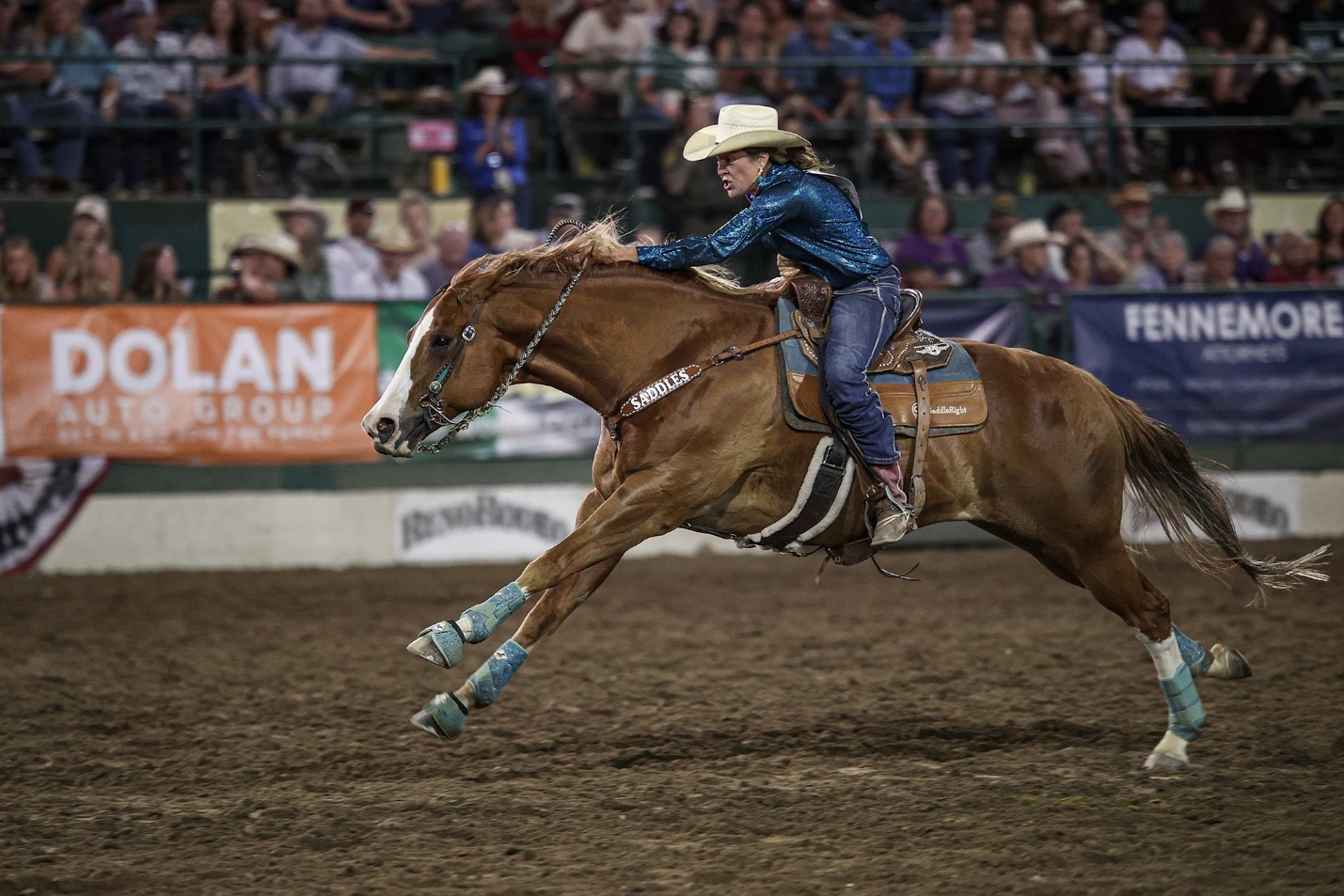When we talk about a sound horse, we're referring to one free from lameness, injuries, or health conditions that might hold it back. It's not just about the absence of problems—it's about overall fitness and the ability to perform tasks without pain or risk. Soundness reflects a complete picture of a horse's health, strength, and performance readiness.
Horses are remarkable creatures known for their strength and stamina, but even the most impressive horse can't excel without soundness. If you’ve wondered what is a sound horse, this guide will help you understand its meaning and how to maintain it.
What Does "Sound Horse" Mean? A Complete Definition
When people talk about a sound horse, they refer to an animal without injuries, lameness, or health issues that might interfere with movement or performance. A sound horse moves well, maintains balance, and has good structural integrity—making it suitable for riding, racing, or whatever job you have.
For a horse to indeed be considered sound, it needs:
- Strong, healthy hooves, as even small cracks or infections can throw off a horse's entire way of moving.
- Well-balanced conformation that is a correctly proportioned body. It helps distribute weight evenly across all four legs.
- Healthy joints—since arthritis, inflammation, or injuries can dramatically affect soundness.
- Good muscle tone comes from proper nutrition and regular and appropriate exercise.
- No signs of pain or lameness—because uneven gaits or stiffness often point to underlying problems.
When a horse doesn't meet these criteria, it might be considered unsound, meaning its physical limitations affect its ability to work or perform as expected.
How to Assess Horse Soundness: Key Signs to Look For
You don't need to be a vet to spot fundamental soundness issues. Here's what to watch for when evaluating your horse:
1. Movement and Gait
The way a horse moves tells you a lot. A sound horse walks, trots, and canters smoothly, with even strides and natural rhythm. If you notice limping, stiffness, head-bobbing, or uneven steps these usually indicate signs of lameness or and unsound horse.
Notably, lameness is the most common reason horses end up sidelined. It affects the horse's overall comfort. Well-being and ability to perform.
2. Hoof Health
A horse's hooves are its foundation. When checking for soundness, look carefully for:
Cracks, chips, or odd shapes in the hoof wall, unusual heat or swelling around the coronet band or heel, Tender spots that make your horse flinch when touched
Sound horses stand on firm, well-maintained hooves that support their weight evenly and comfortably.
3. Joint and Muscle Condition
Joint problems can seriously impact a horse's ability to move freely. Warning signs include:
Inflammation in knees, fetlocks, or hocks. Restricted range of motion during flexion tests. Morning stiffness that improves with movement Muscle asymmetry or atrophy in specific areas
4. Behavioral Clues
Horses can't talk, but they sure can communicate. A horse reluctant to move, seems low-energy, or shows discomfort when saddled up is probably trying to tell you something's wrong.
Consider unusual noises like grunting, heavy breathing, or groaning, which could indicate pain.
5. Professional Evaluation
Regular check-ups with your vet are essential. They can perform specialized tests like flexion exams and imaging that spot problems you might miss. These visits are worth their weight in gold for catching issues early.
Common Causes of Unsoundness in Horses
Several things can affect a horse’s soundness. The most common culprits include:
- Hoof issues—abscesses, thrush, laminitis
- Joint conditions—arthritis, navicular syndrome
- Nutritional deficiencies—especially minerals
- Poor farrier care—imbalanced trimming
- Overtraining—without proper rest
Catching these issues early can distinguish between a quick fix and a chronic problem.
Maintaining a Sound Horse: Essential Care Tips
Keeping your horse sound is about consistent, thoughtful care. Here's how you can go about it:
1. Nutrition
What goes into your horse matters enormously. A balanced diet with quality hay or pasture, appropriate concentrates, and targeted supplements build the foundation for soundness.
If your horse struggles to maintain weight, specialized weight gain supplements can help—just make sure they're part of a complete nutritional plan.
2. Consistent Hoof Care
Your farrier should be on speed dial. Regular, professional trimming every 6–8 weeks keeps hooves balanced and healthy. Between visits:
Pick out hooves daily to remove debris and check for problems. Address muddy conditions that can lead to thrush or other infections. Consider your horse's specific needs—some do better barefoot, others need shoes.
3. Exercise
Provide structured workouts with warm-ups, varied routines, and rest days to build strength without strain.
4. Regular Monitoring
Get to know what's normal for your horse. Daily observations let you spot subtle changes before they become big problems. Pay attention to:
- Changes in stance or movement.
- Warm spots or swelling.
- Shifts in attitude or behavior.
5. Targeted Supplementation
For horses with demanding jobs, joint supplements can provide extra support. Ingredients like glucosamine and chondroitin may help maintain joint health, especially for performance horses or older animals.
Understanding Horse Noises and What They Mean
Horses are surprisingly vocal, and horse noises can tell you a lot about their physical and emotional state:
- Whinnying or Neighing: Often a greeting or call to other horses, sometimes indicating anxiety when separated from the herd.
- Nickering: A soft, low sound expressing pleasure or anticipation, like when they see you coming with feed.
- Snorting: Can signal alertness or concern about something in the environment or sometimes just clear the nasal passages.
- Grunting or Groaning: This might happen during exercise or when getting up, but persistent noise could indicate pain.
- Squealing: Usually a social interaction, sometimes showing irritation or establishing hierarchy with other horses.
Learning to interpret these sounds helps you understand your horse's needs and comfort level.
Final Thoughts
By understanding what soundness means and how to assess it, you're already ahead in maintaining your horse's health and performance ability.
Regular care isn't just about preventing problems. It’s also about building a foundation of health that lets your horse thrive. You're giving your horse the best chance at a long, comfortable, and productive life with proper nutrition, consistent hoof care, appropriate exercise, and attentive monitoring.
Whether you're a competitive rider or a weekend trail enthusiast, your horse's soundness matters. It's worth investing time and resources to keep your equine partner feeling and performing at their best.
Trust MedVetPharm for Premium Horse Supplements
Med-Vet Pharmaceuticals specializes in premium equine nutrition, offering high-quality joint support supplements providing active ingredients to support healthy joints and peak performance.
Whether your horse needs extra calories for training, support for healthy joints, or recovery from competition, MVP’s trusted supplements help replenish vital vitamins and minerals lost due to stress, travel, or exercise.
Explore our expert-crafted equine care solutions. For personalized guidance, call us at 833-809-4848 or contact us today!


